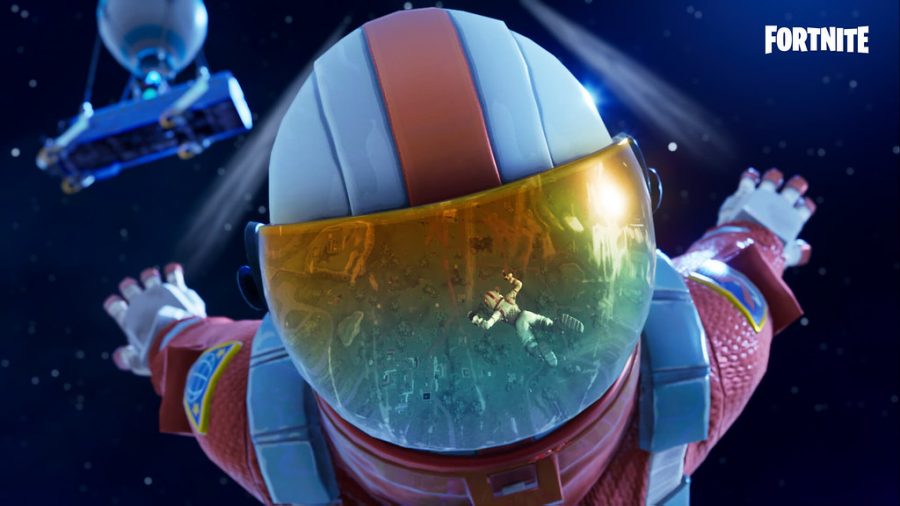Students Compete in E Sports
Photo Courtesy of Creative Commons
Many WCHS students compete in e sports everyday.
June 4, 2019
Given the recent increase in popularity of video game franchises like League of Legends, Super Smash Bros and Fortnite, it is not surprising that many gaming fans have found a way to add a competitive atmosphere to these otherwise light-hearted games.
Competitive video games, often referred to colloquially as ‘E-Sports,’ have been on the rise for many years now, and many have been using this increase in popularity to bring awareness to the rewards of gaming. With the higher recognition for video games as a normal, non-violent medium for art and expression, the fight against the stigmas of E-Sports have never been more significant.
“Gaming is interesting because it allows you to connect with friends in many unexpected ways,” senior Julia Maa said. “I talk more when I play with friends, and it’s not all just about the game. Sometimes we can spend hours just gaming and talking about the most random topics. I believe it has helped us grow closer with each other.”
The sense of friendly rivalry and competition that many games carry with them allow for all kinds of interactions and relations to bloom between the people who play them. It is not rare to see friendships form between people who share a common interest in a specific video game.
“Playing E-Sports and video games has helped me in many different ways that I could not have expected,” senior Samir Sehgal said. “Since starting, my reaction time has dramatically increased, and I find that I make better decisions in my life.”
The competitive E-Sports experience also encourages people to step outside of their comfort zone and experiment with new games, namely to get a feel for much of what the community has to offer. With this incentive come a wide variety of titles that many have found enjoyable and engaging.
“Over the years, I’ve tried out different games like League of Legends,” Maa said. “Although I’m not as good at it as any of my other friends, I’ve gotten better at coming up with strategies and planning my moves.”
Despite the efforts made to prove the harmlessness of competitive video gaming, there is still plenty of evidence that depicts the negative aspects of gaming culture. Not only can this be seen from an outside perspective of the community, but even individuals who are familiar with the competitive experience know of these less than ideal situations.
“[Gaming] is growing more popular, but I also feel that there are negatives to its popularity,” Maa said. “Many people like exploiting games just for fame and money and it often takes a lot away from other gamers.”
Whether it be for personal enjoyment or the reward of being part of an interactive community, competitive gamers will continue see growth in the popularity of their passion. Ultimately, regardless of the reason for being involved, more and more students are finding happiness within participating in competitive E-Sports and this trend will likely carry on for many years to come.
“I know people believe that gaming is a waste of time or that it’s a bad influence on us,” Maa said. “But I think gaming actually teaches us a lot more than what people give it credit for. I think if there were more gamers that are seen as positive influences, society’s views might change.”


